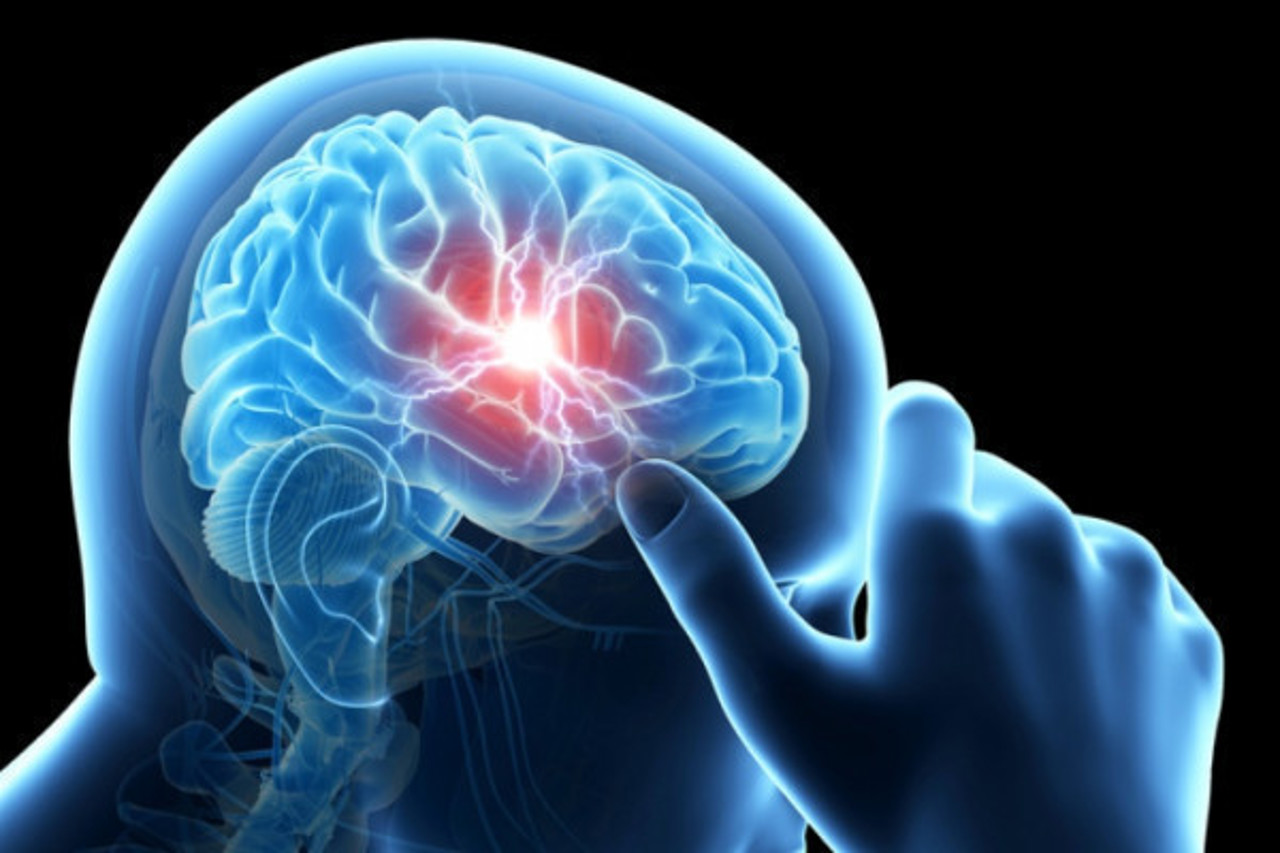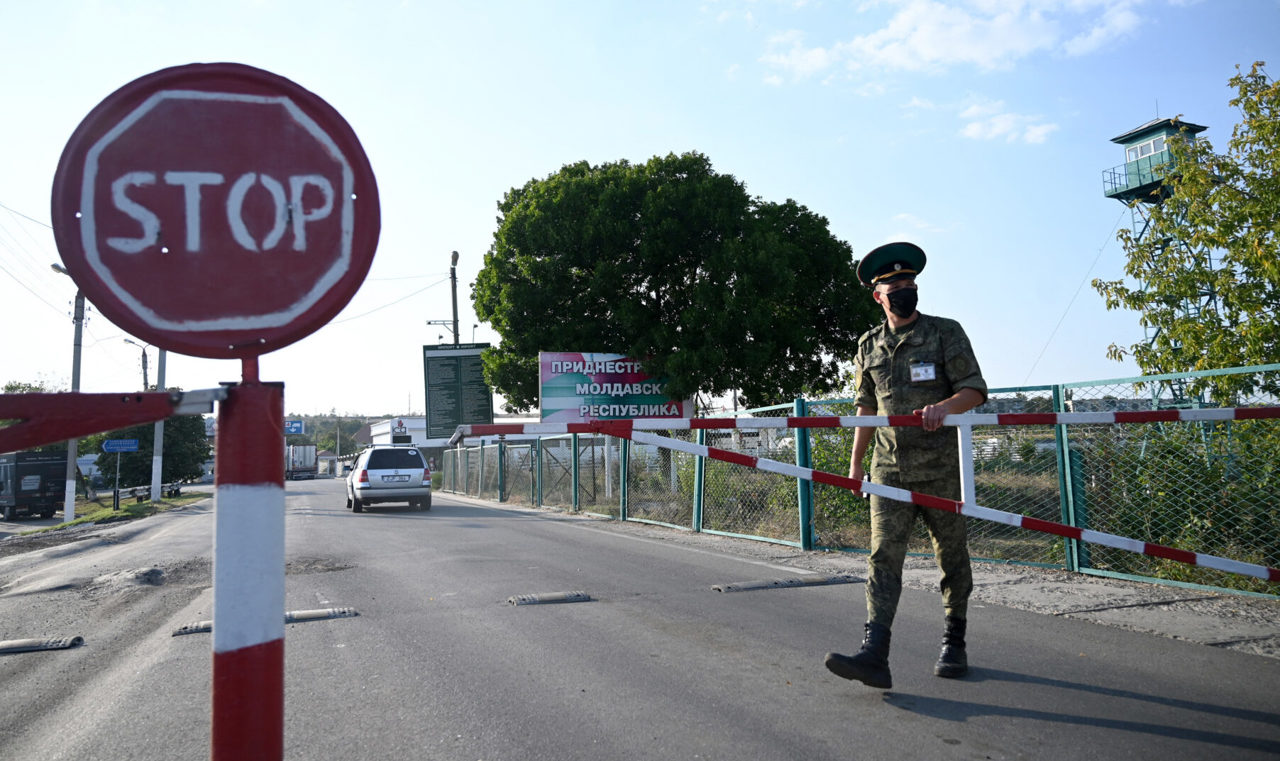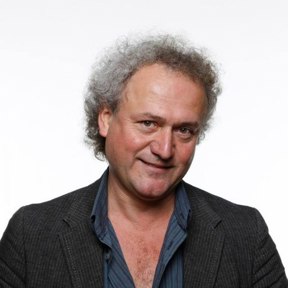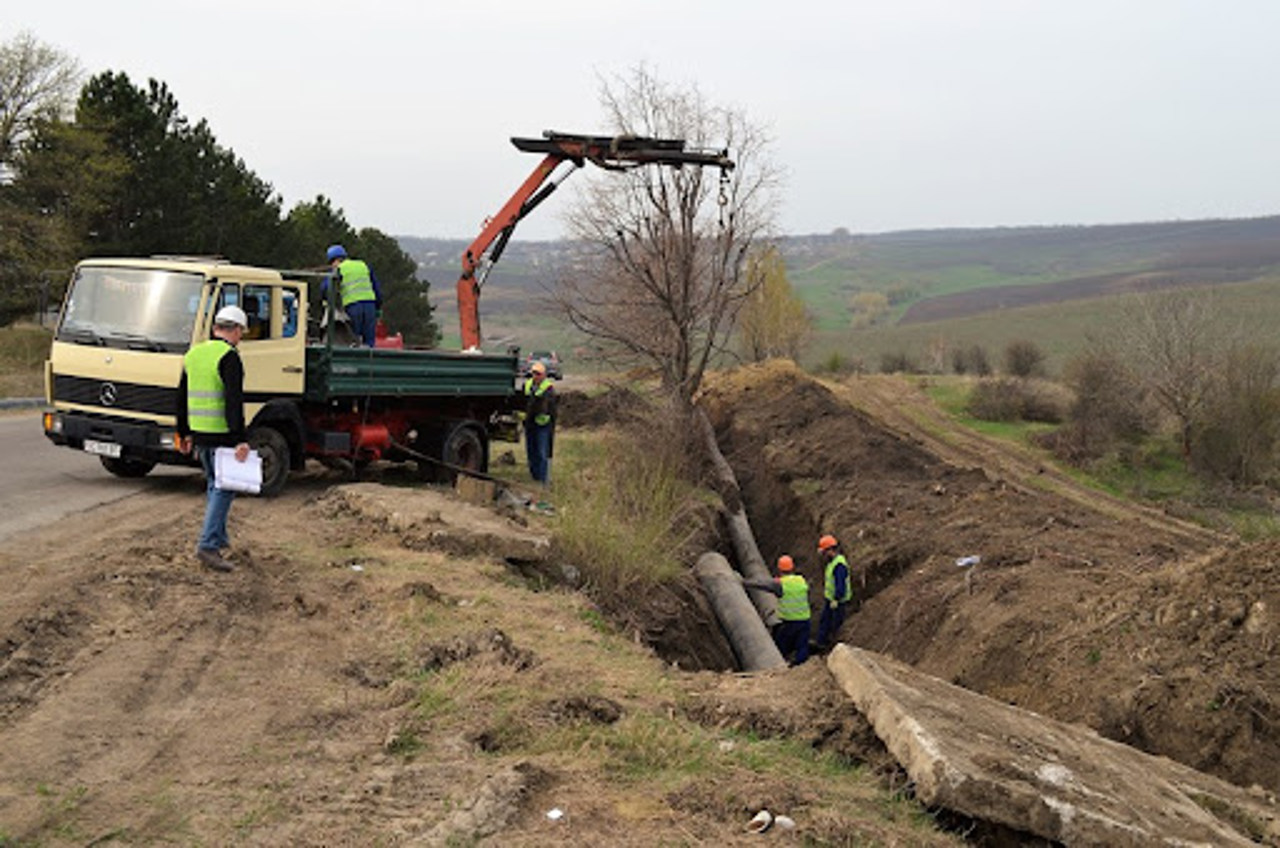Doctors warn: up to 90% of strokes could be prevented
Every hour, a Moldovan suffers a stroke, and every year thousands die and thousands more are left with sequelae such as dementia, depression and epilepsy. Experts warn that up to 90% of strokes could be prevented by addressing risk factors, including monitoring high blood pressure, diet and exercise.

Nicolae Mâțu from the capital was admitted to the Institute of Emergency Medicine 10 days ago. The 69-year-old man says he woke up in the morning with weakness in his arms and legs and the left side of his body was completely paralysed.
"What was I thinking, my hands didn't listen to me, my legs didn't listen to me at all, it was like they weren't mine. The boy called the ambulance, here I am, I've had the operation now, I can eat by myself, I can solve crosswords, I can write, I can stand up!", said Nicolae Mâțu
"The patient, having been evaluated by a multidisciplinary team of IMU, was treated with intravenous systemic thrombolysis followed by mechanical thrombextraction. The patient has obviously positive dynamics," said Olga Madan, UMU resident physician.
Stroke occurs when a vessel bursts or becomes clogged with a clot and blood no longer reaches the brain. The patient can no longer speak, is no longer coherent, suffers from paresis or semi purses on half of the body and has no strength.
According to doctors, after a stroke, the brain ages by 36 years. Stroke can be caused by high blood pressure, high cholesterol, a sedentary lifestyle, smoking, obesity, diabetes and cardiovascular disease. About 80% of cases could be prevented by a healthy lifestyle.
"Per year, we have more than 700 admissions with a diagnosis of stroke, of which 15 percent are of bleeding pathology. There are three signs that any person can check: the first is speech dysregulation, another is facial asymmetry and the third sign is hand or leg dysregulation," explained neurologist Igor Crivorucica.
At the same time, if the patient seeks medical help within the first 3-4 hours after the accident, the chances of survival and recovery are significant.
"The first 3 hours is that therapeutic window, is that period when it is possible to intervene and induce a process of remodelling the circuit of cerebral vessels to induce a possibility of revascularization of cerebral vessels with reassessment of the patient's health condition. It gives the possibility of treatment. This is why it is necessary to address it immediately, because in the first hours of the onset of stroke, the brain tissue suffering is still viable, and a reassessment, a revascularization leads to rehabilitation of the tissue and an improvement of the patient's condition," said Stanislav Gropa, a neurologist.
Official data show that every year more than 10 000 Moldovans suffer a stroke, while almost 8 000 die. According to the ANSP, those most prone to stroke are diabetics, patients with cardiovascular disease and those who have experienced severe forms of COVID-19.




